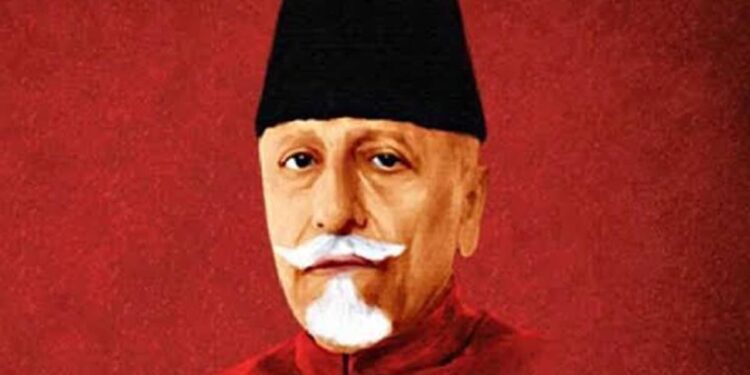Abul Kalam Azad was an Indian scholar, nationalist, and prominent leader of the Indian independence movement. He was also the first Minister of Education in independent India. Azad was born on November 11, 1888, in Mecca, Saudi Arabia, into a family of Islamic scholars.
At the age of six, he moved to Calcutta, India, with his family. He was a gifted student and had a passion for learning. He was fluent in Arabic, English, Urdu, and Persian by the age of twelve. He continued his education at Aligarh Muslim University, where he studied philosophy, mathematics, and English literature.
Azad became involved in politics at a young age and was a strong advocate for Indian independence from British rule. He joined the Indian National Congress and was elected as the youngest president of the party at the age of 35.
Azad was a firm believer in the power of education to bring about social change. He established the Jamia Millia Islamia University in Delhi, which aimed to provide quality education to Muslim students. He also played a key role in the establishment of the Indian Institutes of Technology (IITs).
In 1947, Azad became the first Minister of Education in independent India. He worked tirelessly to promote education in India and set up a number of institutions, including the University Grants Commission (UGC).
Azad was also a prolific writer and wrote extensively on a variety of topics, including religion, education, and politics. His most famous work is the book “India Wins Freedom,” in which he recounts his experiences during the Indian independence movement.
Azad was a great visionary and played a significant role in shaping the modern Indian education system. He was awarded India’s highest civilian honor, the Bharat Ratna, in 1992, posthumously, for his contributions to the nation.
Abul Kalam Azad was a multifaceted personality who was not only a great leader but also a visionary educationist and writer. His contributions to the Indian independence movement and the Indian education system continue to inspire generations of Indians.



















Discussion about this post